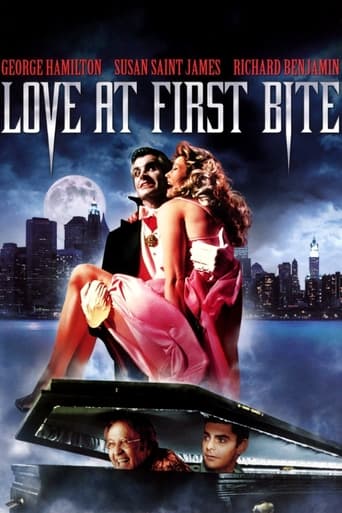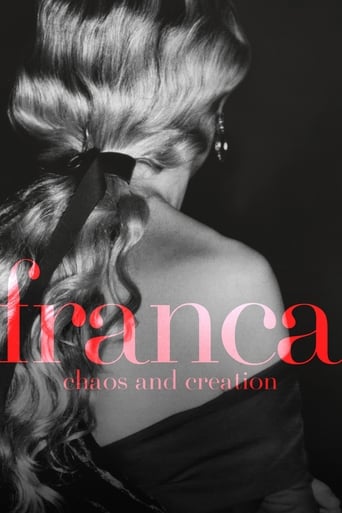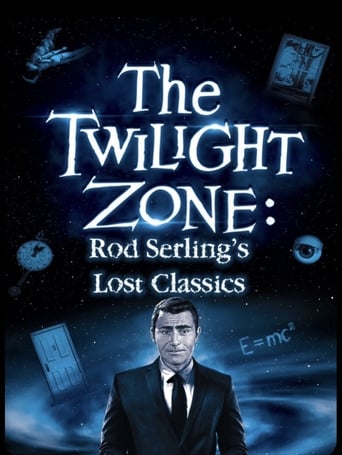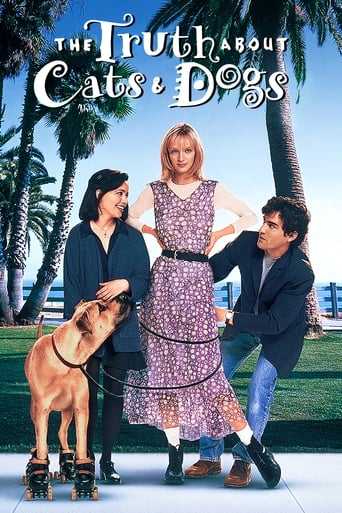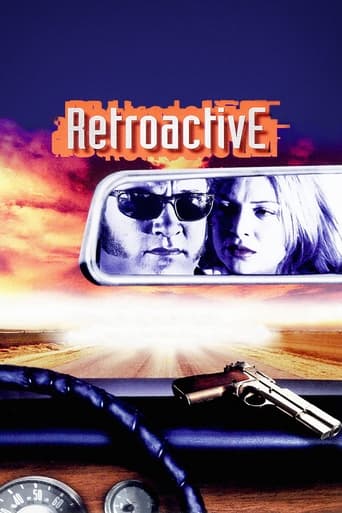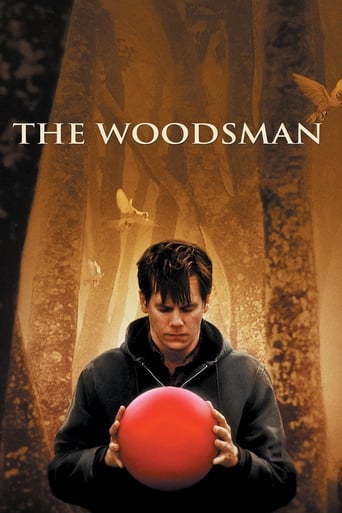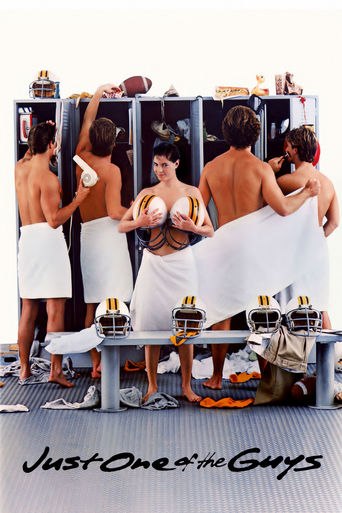


The Tin Drum
Oskar Matzerath is a very unusual boy. Refusing to leave the womb until promised a tin drum by his mother, Agnes, Oskar is reluctant to enter a world he sees as filled with hypocrisy and injustice, and vows on his third birthday to never grow up. Miraculously, he gets his wish. As the Nazis rise to power in Danzig, Oskar wills himself to remain a child, beating his tin drum incessantly and screaming in protest at the chaos surrounding him.
-
- Cast:
- Mario Adorf , Angela Winkler , David Bennent , Katharina Thalbach , Daniel Olbrychski , Tina Engel , Berta Drews


Similar titles
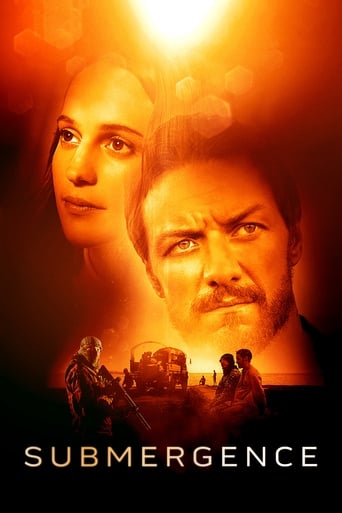
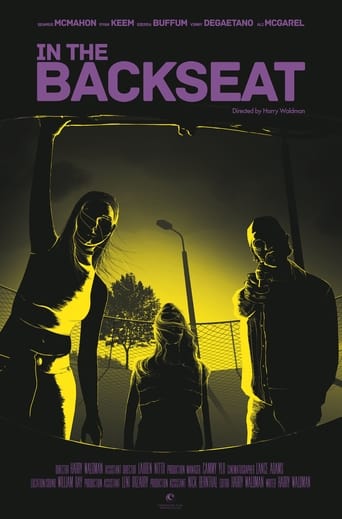

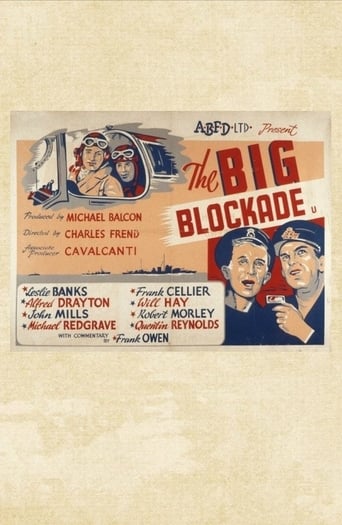



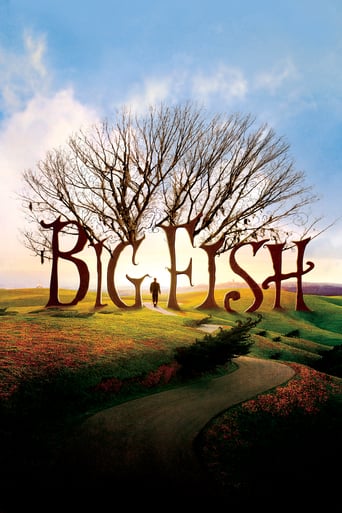

Reviews
It's hard to see any effort in the film. There's no comedy to speak of, no real drama and, worst of all.
When a movie has you begging for it to end not even half way through it's pure crap. We've all seen this movie and this characters millions of times, nothing new in it. Don't waste your time.
One of the worst ways to make a cult movie is to set out to make a cult movie.
The film never slows down or bores, plunging from one harrowing sequence to the next.
"Die Blechtrommel" or "The Tin Drum" is a German movie from over 35 years ago that managed to win an Academy Award in the Foreign Language Feature category as well as winning the Palme d'Or in Cannes. I cannot really see why though. I watched the director's cut of this film and it runs for almost 2 hours and 45 minutes. Certainly a case of quantity over quality here. David Bennent was actually a good choice for the main character as his face was truly memorable. However, the solid acting by him and established actors like Adorf, Winkler, Olbrychski and the young Katharina Thalbach was not enough to make up for the flaws that this film has.Occasionall scenes with soldiers or speeches by Hitler and other Nazi officials are not enough to make a film a convincing political/war movie. And apart from that, the stories were simply really more absurd than interesting. This goes for the main character's mother having several men at the same time or at the depiction of pedophilia later on, which wasn't even shown as something bad here. Maybe the reason is because this film is so strictly against Hitler, his politics and World War II, so pedophilia something bad that even the Nazis despised was not depicted as really evil for that reason here. But the worst aspect was probably the storyline that the boy stopped growing because he decided to do so. Does it make sense that he did not want to be like adults in this world? Maybe. But don't all kids would like to stay young at some point? Why can't they do it? Complete nonsense rally. The inclusion of dwarf people that apparently made the same decision was really the negative highlight for this plot. I am not sure to what extent this film is based on Nobel Prize winner Günter Grass' work and how close Schlöndorff stayed to the original, but in any case I cannot say this was a successful film adaptation. It's not a great family movie, not a great war movie, not a great political thriller and it's also not worth watching for the historic context. Maybe it could be considered fantasy. But if you hear about a fantasy movie about Hitler, you knew you're in for something that is guilty pleasure material at best. This one here is not. It's just bad. Not recommended and certainly one of the worst Foreign Language Film winners in Oscar history. Also they could have kept this easily at around 100 minutes without losing any of the film's value. So many unnecessary scenes. But I guess they wanted to go for bloated here for whatever reason.
I just finished watching this film and i deserve a medal for making it over the half way point. The tin drum is the story of a boys life who jumps himself down the stairs so that he will stop growing, he also has the power to break glass with his voice and has an addiction to his tin drum. at first this is just the film, following around this boy and his drum. i was really enjoying the film at this point but it took a turn for the worst around when his mother died of "eating too much fish" as he puts it. after this point the boy and his tin drum just continue on with life, living with random people who just seem to be fine with him living with them. the film then gets gradually more and more disturbing as he starts a sexual relationship with a 14 year old girl. the film completely relies on it being confronting, disturbing and at times difficult to watch so that its viewers that like it discard the nonsense of it because it is weird and different. this doesn't mean its good. in the end its just a series of disturbing events resulting in nothing.
"The innocent are so few that two of them seldom meet. When they do meet, their victims lie strewn all round." - Elizabeth Bowen Volker Schlondorff's "The Tin Drum" stars David Bennent as Oskar Matzerath, a young boy growing up in 1920s Danzig (a city which once straddled the border between Germany and Poland). Because he's possessed an adult's (somewhat pessimistic) awareness since birth, Oskar begins to develop a deep hatred of humanity. Oskar thus decides to not advance beyond the age of three. He will not grow up in this world, and instead spends his days banging loudly on a tin drum as a show of protest.Oskar is initially painted as history's moral objector. He sees what others don't and protests what others keenly follow. Quickly, however, Oskar's drumming becomes Schlondorff's blunt metaphor for ineffectual artisans. Oskar drums and screams, but no one listens. Nazisim gathers steam, Poland is invaded, Germany's "economic miracle" occurs, and he becomes a witness to much adultery, cruelty and horror.Oskar himself becomes increasingly amoral. His body may preserve an outward innocence, but inside he grows self absorbed and cruel. And so though Oskar interrupts Nazy rallies and sympathises with the Jewish man who sold him a tin drum (and who is later killed during "Kristallnacht", the "Night of the Broken Glass", upon which the Nazis destroyed Jewish stores and synagogues), he is nevertheless quick to don a Nazi uniform and play his drum for Nazi officials.By the film's end, Oskar epitomises every man infantalized by, or made an obedient child to, the tides of history. "I prefer to be a spectator, not an artist," Oskar says. He's adopted a tone of total futility, and comes to believe that imagination, action and conviction are all inadequate in the fight against place, time and political currents. But while this is Oskar's belief – he later throws his drum away altogether – it is not something Schlondorff necessarily affirms. Oskar's drumming is shown to have the power to destabilise. In one of his more successful protests, an entire Nazi band is led into confusion by his boisterous percussion.Like the works of Wojciech Has, Schlondorff's tone here is a strange blend of surrealism, fantasy, farce, tragedy and much queasy imagery. Oskar himself has the face of a gnome, and his antics are frequently nauseating. The film also makes heavy use of symbolism, many of its major points conveyed obliquely. For example, Oskar is shown to be born in 1924, the year when Germany's economy began its post WW1 climb. On Oskar's third birthday the country's economic stability is then aligned with the child's own refusal to progress, a stagnation which echoes Germany's suspension of democratic and liberal freedoms. Oskar's drum is even shown to be threatened with a "silencing" on his sixth birthday, which occurs in 1933, the year the Nazis came into power, symbolising Nazism's quest to silence all dissenters.Other issues are raised almost imperceptibly. A throwaway line, in which one character states that he was not present for "Kristallnacht", highlights a stance which was common in Germany after the war: "it happened but I was not there; I did not participate". Meanwhile, Oskar's own uncle is quick to replace a picture of Beethoven with Hitler when the Nazi Party comes into power, and replaces it just as quickly when the Nazi's are defeated. He is the "everyday" Nazi, his allegiances blowing with the winds of change.One of the most disturbing passages in the film revolves around fishermen plucking eels from a dead horse's head, a sequence which mirrors the eating habits of other characters in the film, all of whom are shown to be always munching on seafood. This food is later aligned to the corpses of English sailors sunk in naval battles off the coast of Germany. While Oskar protests, Germany eats her foes (while the country rots from the head down?).Anti-semitism is touched upon openly – Jewish shop-keepers are bullied and driven to suicide – but briefly. More interesting are several sequences in which Oskar damns the Catholic Church for not resisting Hitler (see Costa Gavras' "Amen"). In one of the film's more overt moments, Oskar slaps a statue of Christ and accuses him of not helping. Meanwhile, religion is mirrored to Germany's frenzied, quasi religious adulation for Hitler, whom Oskar calls "the Gas Man", a warped version of Father Christmas. Mirrored to these two national fathers (Christ and Hitler) are Oskar's own two fathers (a Polish and German father), both of whom are condemned to death by Oskar's behaviour. Schlondorff would revisit similar material with his 2004 film, "The Ninth Day".8/10 – See "The Garden of the Finzi Continis", "The Damned", "Seven Beauties", "Special Section" and "Protector".
Do you dismiss a movie because it is strange? Some do, and rate this film as a story about an obnoxious little boy who goes around banging a drum and breaking glass.Firstly, the performance of David Bennent as Oskar was phenomenal. As an 11 or 12 year old, he played a part from infancy to 21. Maybe he was obnoxious, but I choose to believe that he was making a powerful statement about the undesirability of growing up in a world where adults do not act very adult.Set against the backdrop of WWII, it can also be viewed as rebellion against war and fascism.Strange, sometimes evil, but nevertheless a powerful film that should be seen by all.

